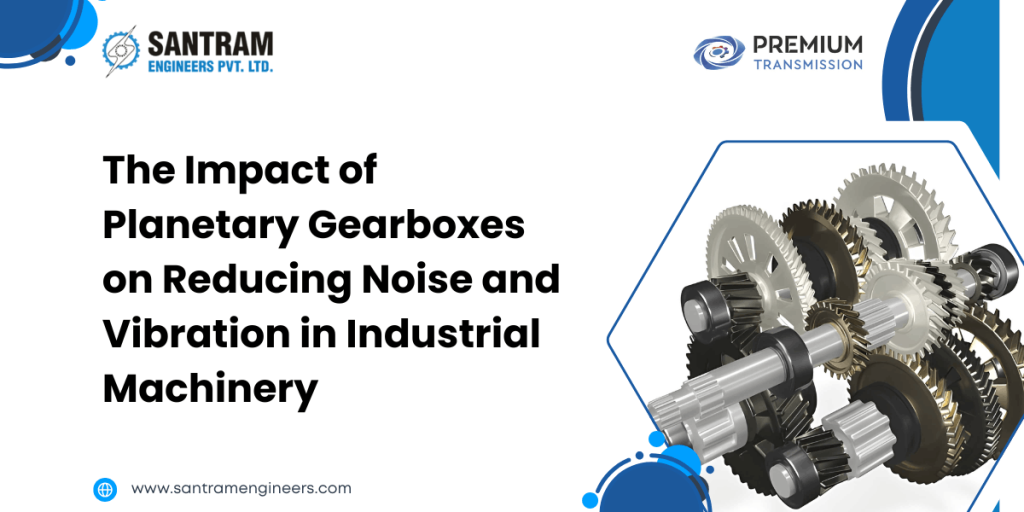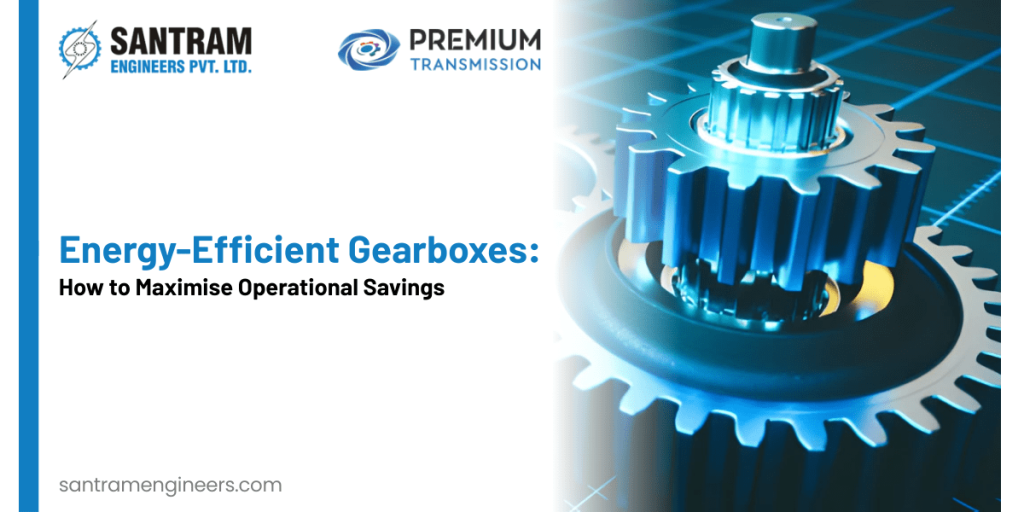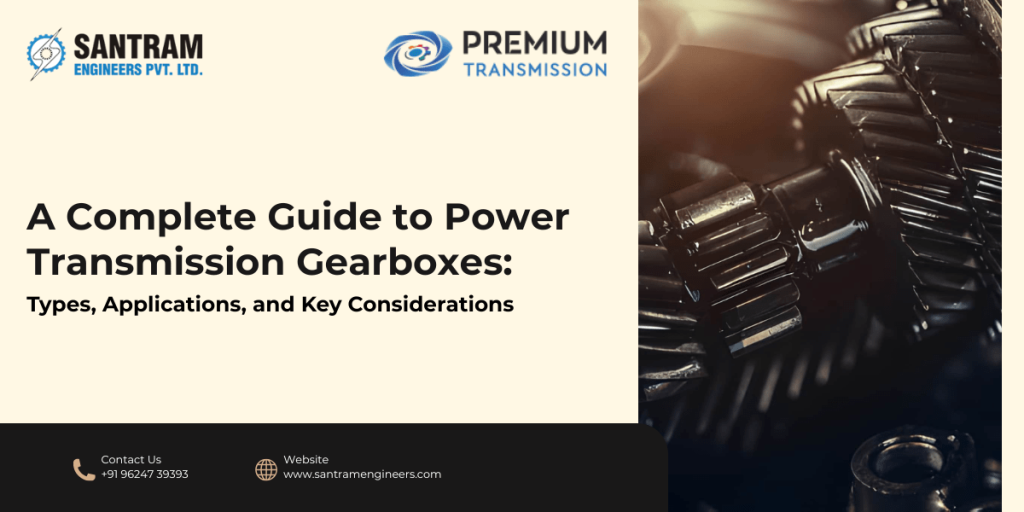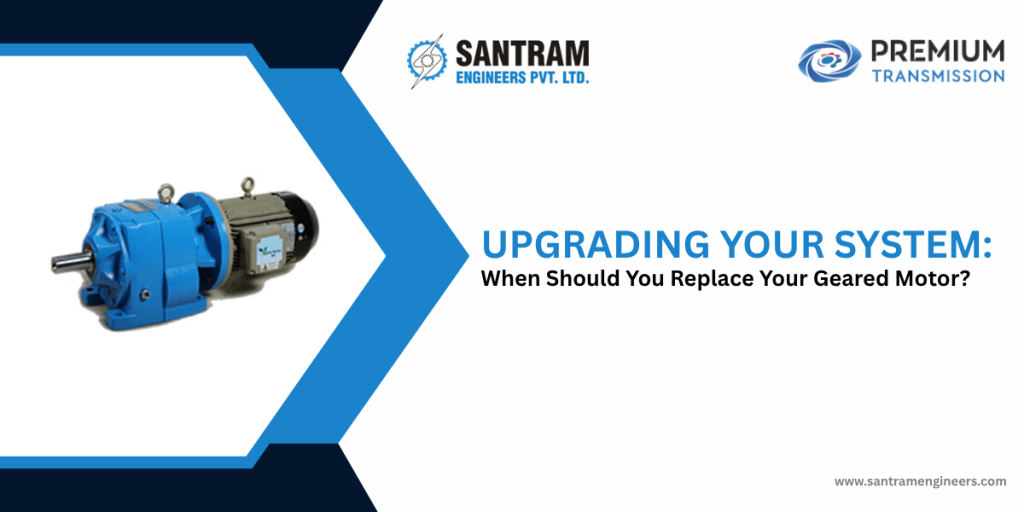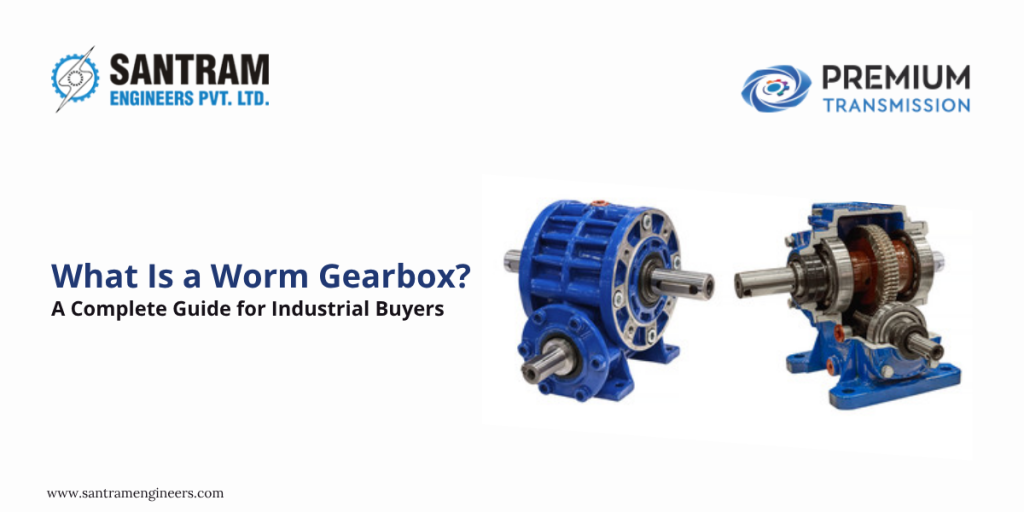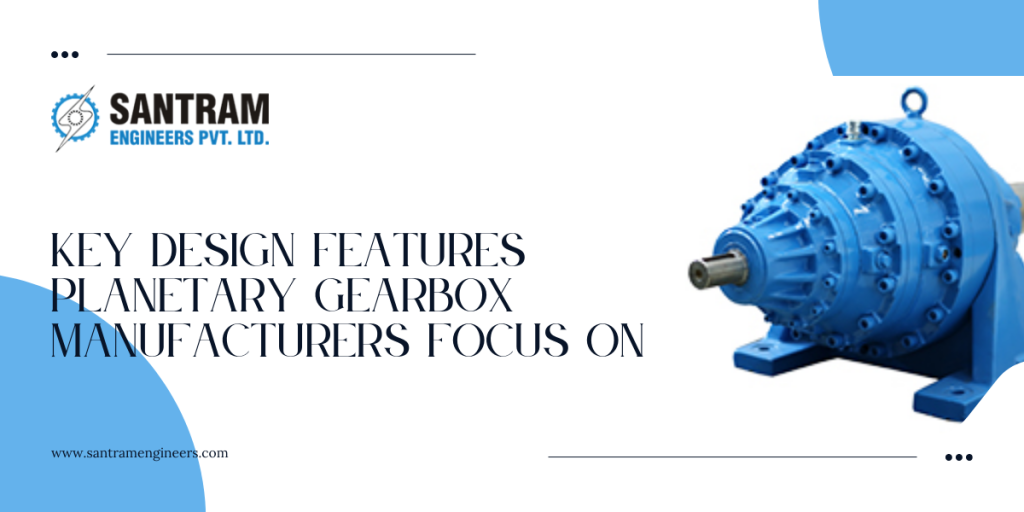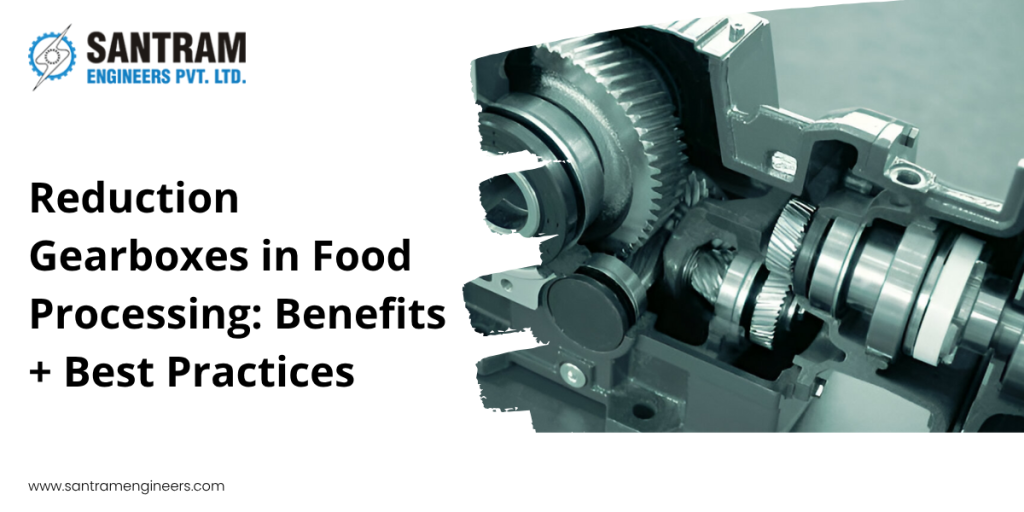The steel industry is at the heart of modern manufacturing, providing the material that forms the backbone of everything from automotive frames to construction infrastructure. However, steel production is extremely complex and requires highly reliable, robust, and durable machinery. Industrial gearboxes and motors are among the most crucial components in a steel plant. These gear systems transmit power, enable a wide range of movements, and ensure the continuous flow of materials through various stages of production.
Given the extreme conditions in a steel plant, including heavy loads, high temperatures, and abrasive dust, the choice of gearboxes and motors cannot be taken lightly. Standard industrial gear systems may struggle under the immense demands of steel manufacturing, leading to breakdowns, downtime, and costly repairs. This is why specialised gearboxes for steel plants are essential.
This article will explore why standard gearboxes fail in steel plants, the core applications of gearboxes and geared motors, and the specific requirements for selecting the right industrial gearbox.
Why Standard Industrial Gearboxes Fail: The Unique Demands of a Steel Plant
The steel production process involves extreme mechanical demands, making it critical for gearboxes and motors to withstand heavy-duty conditions. Let’s examine the key challenges industrial gear systems face in the plants.
1. Extreme Loads & Torque
Steel plants operate under tremendous forces. The raw materials, including iron ore, coke, and limestone, must be moved in vast quantities, and molten metal must be transported through the facility at high temperatures. These materials are heavy, and the machinery needs to handle substantial torque to move them efficiently.
For example, industrial gearboxes are required to move steel slabs weighing several tons in a rolling mill or blast furnace. Standard gearboxes often fail to handle these immense forces, leading to failure, increased wear, and breakdowns.
2. High Ambient Temperatures
Steel production involves melting metals in furnaces and forming slabs at elevated temperatures. These intense heat levels can easily degrade lubricants, causing gears to lose their ability to function smoothly. Excessive heat can also affect gearbox seals, causing leaks and allowing contaminants to enter the system.
A steel plant gearbox must be designed to operate in high-temperature environments while maintaining efficient performance. This often necessitates using specialised cooling systems and heat-resistant materials not typically found in a standard industrial gearbox.
3. Contamination & Abrasive Dust
Environmental contamination is a significant issue in steel plants. Iron ore, coke, and scale dust fill the air, and these particles infiltrate machinery, especially in areas where materials are transported or processed. Standard gearboxes are not designed to cope with this level of contamination. The dust can clog seals, destroy bearings, and cause the gearbox to overheat or malfunction.
Industrial gearboxes used in plants require robust seals, superior filtration systems, and designs that protect the internal components from abrasive particles. Gears can wear out quickly without these features, leading to costly downtime.
4. Continuous Operation
Steel plants operate 24/7, with little to no downtime in many cases. The failure of a gearbox or motor can halt an entire production line, causing a significant loss of productivity and revenue. Reliability is the top priority when choosing gear systems for steel plants, as any mechanical failure can result in catastrophic delays. This continuous demand requires industrial gearboxes to be designed with durability and long-term performance, ensuring they can withstand constant use without failure.
Core Applications of Gearboxes & Geared Motors Across the Steel Plant
Gearboxes and geared motors are used across several critical processes in a steel plant. Each application has unique requirements that demand specific types of gear systems. Here, we’ll explore some key areas where industrial gearboxes play a vital role.
1. Raw Material Handling
Application: Conveyor Systems (Belt, Apron, Screw)
Role: Transporting raw materials such as iron ore, coke, and limestone to various plant parts.
Gearbox Type: Helical and bevel-helical geared motor units are commonly used in raw material handling systems. These gearboxes offer high efficiency and compact designs essential in space-constrained areas. Their robust construction allows them to handle the heavy, continuous loads required to move large quantities of material. The gearboxes are often equipped with special sealing and housing to prevent contamination from the dust and particles present in the environment.
2. Blast Furnace & Sinter Plant
Application: Skip Hoists, Charging Cars, Sinter Bed Drives
Role: Charging raw materials into the furnace and creating sinter blocks, which are essential in the production of iron.
Gearbox Type: Blast furnace and sinter plant applications require heavy-duty industrial gearboxes capable of withstanding repetitive loading and unloading cycles. Planetary gearboxes are often used here due to their high torque density, which allows them to handle heavy, repetitive loads while maintaining compact dimensions. These gearboxes must be designed with high service factors to ensure longevity and reliability in harsh conditions.
3. Steel Melting Shop (SMS) & Continuous Casting
Application: Ladle Turrets, Tundish Cars, Mould Oscillators, Straightener & Withdrawal Units
Role: These systems handle molten steel and form billets or slabs.
Gearbox Type: Precision and reliability are critical in the steel melting shop. Any failure in the gearbox can result in the loss of precious molten steel or even damage to the casting equipment. Custom-engineered gearboxes are often used in this area, with redundancies built into the systems to prevent failures. Advanced cooling systems and high-quality lubricants are crucial in maintaining performance and ensuring safety.
4. Rolling Mills (Hot & Cold)
Application: Main Mill Stand Drives, Roller Tables, Coilers/Uncoilers, Shears
Role: These components reduce the thickness of steel slabs and coil the final product.
Gearbox Type: Rolling mills are the most demanding application in a steel plant regarding gearbox performance. The industrial gearboxes used in mill stands are typically large, parallel-shaft or planetary gear units designed to handle extreme shock loads. These gearboxes must be built with high-strength materials, and their design must accommodate the ability to absorb and distribute the forces generated during the rolling process.
Smaller geared motor units are used large numbers for roller tables to drive the rollers. These units must be reliable and easily replaceable to minimise downtime. Coilers require gearboxes that provide precise tension control to ensure the final product is consistent in size and quality.
How to Select the Right Industrial Gearbox for Your Application
Selecting the right gearbox for your steel plant application is crucial to ensuring efficiency, reliability, and longevity. Steel production is demanding, and the wrong gearbox choice can lead to breakdowns, costly repairs, and downtime. Here are key factors to consider when selecting an industrial gearbox for your steel plant:
1. Calculate Your Service Factor
The service factor is much higher in steel plants than in other industries. It refers to the amount of overload a gearbox can handle in addition to normal operating conditions. The mills require gearboxes that operate under heavy, continuous loads with high torque demands. Calculating the service factor involves assessing load variations and expected operating conditions. Always consider a higher service factor when selecting a gearbox for steel plant operations to ensure longevity and avoid failure.
2. Consider the Gearbox Type
Choosing the correct type of industrial gearbox is essential for performance. The three most common types used in steel plants are helical, bevel-helical, and planetary gearboxes.
- Helical Gearboxes: Known for smooth operation and high efficiency, they are ideal for moderate to high-speed reduction but may not handle extremely high-torque applications well.
- Bevel-Helical Gearboxes: These gearboxes combine high torque capacity with efficient operation and are suitable for applications requiring high torque and direction changes.
- Planetary Gearboxes: Known for their compact design and high torque density, they are ideal for heavy-duty applications, such as blast furnaces and rolling mills.
Each gearbox type is suited to specific steel plant applications, so it’s important to consider load, torque, and space constraints when choosing.
3. Material and Housing are Non-Negotiable
The gearbox’s material and housing are critical for durability in harsh environments. Steel plants operate in abrasive conditions, and gearboxes must withstand these challenges.
- SG Iron or Cast Steel Housing: These materials offer superior strength and resistance to cracking, making them essential for heavy-duty applications.
- Superior Sealing Arrangements: Steel plants are filled with dust and contaminants that can damage the gearbox. Labyrinth seals are often used to protect the gearbox’s internal components and prevent lubricant loss.
4. Don’t Forget About Cooling
Industrial gearboxes in high-temperature environments require cooling systems to maintain performance. High temperatures can degrade lubricants and cause gearbox failure.
- Auxiliary Cooling Systems: Cooling fans and heat exchangers help dissipate heat and ensure the gearbox operates within a safe temperature range. Without proper cooling, gearboxes may overheat and wear out prematurely.
Integrating a cooling system into the industrial gearbox design is essential for ensuring reliability and longevity in high-temperature applications.
Stop Costly Downtime: Get Your Custom Industrial Gearbox Solution
Choosing the right industrial gearbox is the first step in optimising your steel plant’s operations. To ensure you have the most reliable, efficient, and durable gear system, contact Santram Engineers today to discuss custom-engineered gearbox solutions tailored to your needs. Our experts are ready to help you select the perfect gearbox and gear motor to keep your production line running smoothly and avoid costly interruptions.


